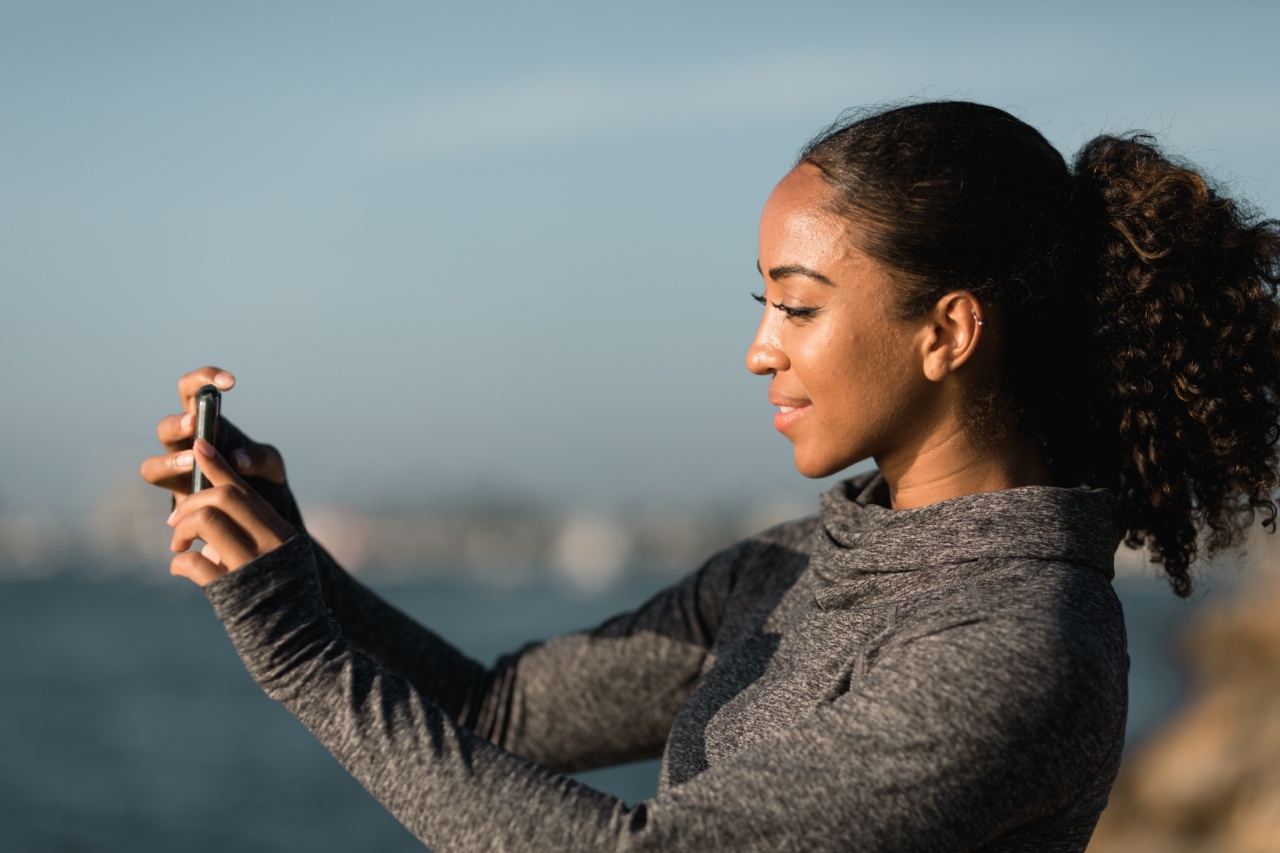Selfies have become a popular phenomenon in today’s digital age, with millions of people around the world capturing and sharing images of themselves on social media platforms.
While selfie-taking may seem like a harmless act of self-expression, some researchers argue that excessive selfie-taking could potentially have negative effects on various aspects of our lives, including our sex drive.
The rise of selfie culture
In recent years, the rise of social media platforms such as Instagram, Snapchat, and Facebook has given birth to selfie culture.
People of all ages and backgrounds are now capturing and sharing self-portraits, often striving for the perfect angle, lighting, and filter. The notion of capturing the perfect selfie has become so deeply ingrained in our society that selfie sticks and selfie-related smartphone apps have even been developed to enhance the experience.
While taking occasional selfies can be seen as a fun way to document moments and boost self-confidence, the excessiveness and obsession associated with selfie culture have raised concerns among researchers and mental health professionals.
As with any behavior that becomes compulsive or obsessive, it’s important to take a step back and evaluate the potential consequences.
The dopamine connection
One key aspect to consider is the role of dopamine, a neurotransmitter in the brain associated with pleasure and reward.
When we engage in activities that bring us pleasure, such as eating delicious food or engaging in sexual activities, dopamine is released, reinforcing these behaviors and encouraging us to seek them out again.
Some researchers argue that excessive selfie-taking may trigger a dopamine response similar to the one experienced during pleasurable activities.
Each time we receive likes, comments, or positive feedback on our selfies, our brain releases dopamine, creating a sense of reward and validation. This can lead to a cycle of seeking more and more validation through selfies, and potentially diminishing the pleasure and reward experienced during real-life sexual encounters.
The body image conundrum
An aspect closely linked to selfie culture is body image. In order to capture the perfect selfie, individuals may feel pressured to present themselves in a certain way, often adhering to societal beauty standards.
This constant focus on physical appearance can negatively impact body image, self-esteem, and ultimately, sexual confidence.
When individuals are constantly bombarded with images of impossibly flawless bodies, it can lead to feelings of inadequacy and self-consciousness.
This may result in a decreased sex drive, as individuals become preoccupied with their perceived flaws and insecurities rather than fully enjoying intimate moments with their partners.
The social comparison trap
Selfie culture inherently encourages social comparison, as individuals frequently see and evaluate their own images alongside those of others.
This constant exposure to carefully curated images can create unrealistic expectations and foster a sense of dissatisfaction with one’s own appearance.
When individuals constantly compare themselves to seemingly flawless representations of others, it can negatively impact their self-esteem and body image, ultimately affecting their sexual confidence.
This constant striving for unattainable beauty standards can also lead to anxiety and depression, which are known to be detrimental to one’s sex drive.
The impact of selfie addiction
While selfie addiction is not yet officially recognized as a psychological disorder, studies have highlighted the potential negative consequences of excessive selfie-taking.
The constant need for validation and the constant presence of self-facing images on social media platforms can lead to a distorted sense of self-worth and identity.
Individuals who are addicted to taking and posting selfies may find it challenging to step away from their devices, leading to decreased social interactions, including intimate encounters.
This excessive focus on oneself and constant seeking of external validation can hinder the development of healthy and fulfilling relationships, ultimately affecting one’s sex drive.
Balance and moderation
It’s important to note that not all selfie-taking is inherently harmful or detrimental to one’s overall wellbeing or sex drive. Like many activities, it is a matter of balance and moderation.
Occasional selfie-taking can be a fun and enjoyable way to document moments and boost self-confidence.
However, when selfie-taking becomes the primary source of validation and self-worth, it can potentially have negative consequences on various aspects of life, including one’s sex drive.
Striving for a healthy balance between online and offline interactions, focusing on overall wellbeing, and nurturing real-life relationships can help ensure that selfie culture does not take a toll on one’s sexual satisfaction.
Conclusion
While the direct correlation between selfie-taking and decreased sex drive is still debated among researchers, it is evident that excessive selfie-taking can have negative effects on various aspects of our lives, including our body image, self-esteem, and social interactions. It is crucial to be mindful of our selfie-taking habits and strike a balance between online and offline experiences to ensure a healthy and satisfying sex life.































